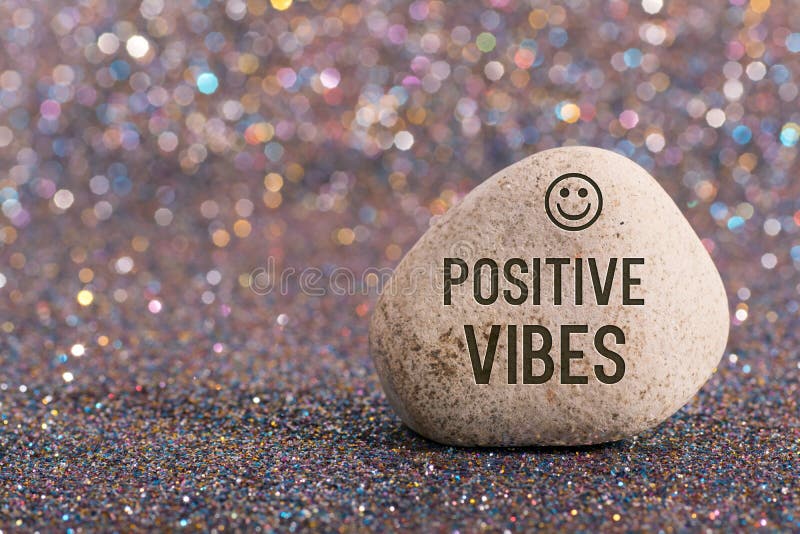9. Celebrating some positives + really great ideas for lessons with indigenous content
If you ask any of my friends, they will tell you that I am a person with a generally positive outlook on life. My last post, and some others, were definitely more negative in tone, so I figured I'd find some positives to share with you this week, about Indigenous education in Canada. I thought I'd start local (PEI) and move on to the national level.
Locally, I'd like to share what kinds of Indigenous-focussed courses are available to high school and university students. Nationally, I'd like to share about a recently improved online resource for lessons and units built around the education of Canadians re: aboriginal knowledge and culture.
I teach at the only high school in PEI that has an Indigenous studies course, Colonel Gray High School, in Charlottetown. Now, the school is named after a father of the confederation, who perhaps inadvertently helped create the nation of Canada which oppressed Indigenous Peoples, but I digress. Keeping it positive. Our school is lucky enough to have a Mi'kmaw teacher develop this course where students from all cultural backgrounds explore aboriginal ideas, culture, language, spirituality, government, crafts. It's called Aboriginal People of Atlantic Canada, and it's an open class, so any student in Grades 11 or 12 can take it. I think this is a positive for a few reasons. First, students who are of Indigenous ancestry can feel represented and perhaps connect is a different way, with their cultural history. Also, students of Canadian ancestry and those who migrate from elsewhere in the world can be exposed to, and develop an appreciation for this country's Aboriginal peoples. All good things. However, I do think that because this course has had such a positive impact on the student body at Colonel Gray, it should be considered as a course offering at other high schools, so that it is offered across the province. Given the recommendations of the Truth and Reconciliation Commission (TRC), the goal is to educate all Canadians.
Also at the local level, UPEI is offering a minor in Indigenous Studies. Here is a link to their program info page, which details the courses available and the specifics of a minor degree: https://www.upei.ca/programs/indigenous-studies-minor. This is also in line with the TRC's recommendations of furthering Indigenous education at a post-secondary level. Students can take a course on Mi'kmaq language, or the teachings of Turtle Island, or an Intro to the Indian Act, amongst other things. Again, these courses may interest students of many diverse backgrounds, who aim to deepen their understanding of aboriginal pasts, current issues and future progress.
Finally, I wanted to mention a REALLY great resource I plan on using this coming year. It was developed in Ontario, through the Ontario Institute for Studies in Education, University of Toronto (OISE) for use by teachers across the nation. It's called the Deepening Knowledge Project https://www.oise.utoronto.ca/deepeningknowledge/. One interviewed collaborator explained that it is a collection of many, many plans for lessons and units that have all been vetted by indigenous folks and that it represents the knowledge they want all Canadians to know. It has just recently been updated and is now easier to use. The Homepage has an advanced search bar to help teachers narrow down the offerings so that they are a good match for their audience (are we teachings other teachers, other adults, or students - if so, what grade). They have a whole section of resources in French (this made me really happy because these are notoriously difficult to find). I would recommend you go have a look, before September. It's great!




Comments
Post a Comment